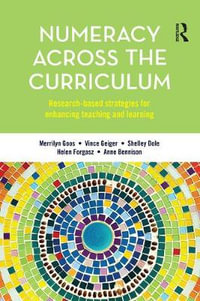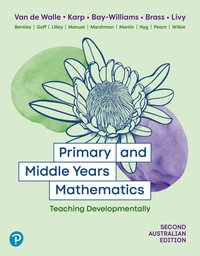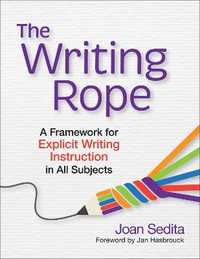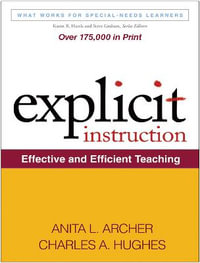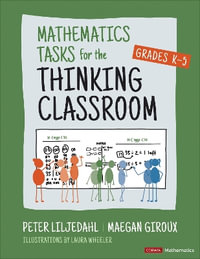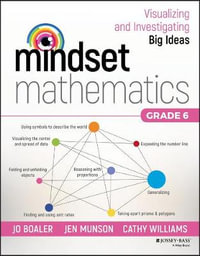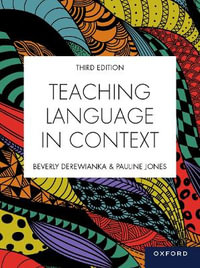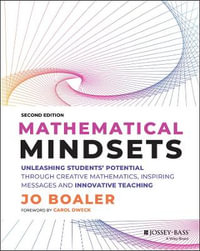This comprehensive Handbook illustrates the wide range of approaches to teaching and learning social research methods in the classroom, online, in the field and in informal contexts. Bringing together contributors from varied disciplines and nations, it represents a landmark in the development of pedagogical culture for social research methods.
Spanning qualitative, quantitative and mixed methods research, this Handbook covers all aspects of teaching and learning, from introductory research methods courses to post-doctoral learning. Offering practical guidance, research evidence and reflective insights, it addresses some of the biggest challenges facing teachers and learners. It further advances ongoing debates, such as facilitating experiential learning online, supporting the development of reflexivity, embedding quantitative methods learning in university programmes and challenging orthodoxies with feminist, anti-racist, and decolonising pedagogies.
This Handbook will be an invaluable resource for teachers of research methods across the social sciences, and for research methods training organisations looking to improve their courses. Researchers and students of pedagogy in higher education will also find it an enlightening read.
Industry Reviews
'The Handbook of Teaching and Learning Social Research Methods is a path-breaking contribution toward closing the pedagogical culture gap in social research methods education. This gap will widen over time as the teaching and learning of methods shift from the classroom to various online digital environments that include learning and teaching emergent methods and new technologies. The Handbook Editor, Melanie Nind, strongly advocates "putting pedagogic models to work in research methods education." She follows through with this goal brilliantly by curating a stellar array of Handbook chapters that together provide a vibrant pedagogical culture for research methods education. Handbook contributors are expert researchers and methods teachers that share their pedagogical strategies for addressing this gap. Many chapters cover different pedagogical approaches to teaching and learning online, offline, and in the field. The Handbook primarily focuses on a range of qualitative methods and analysis, with some chapters focusing on quantitative and mixed methods research. Handbook contributors provide teaching strategies and resources to address the diversity of students' learning needs. The Handbook introduces a range of emergent teaching strategies and devices for engaging students in the learning process through applying storytelling, experiential, inclusive, and de-colonizing teaching approaches. Melanie Nind reminds the reader that teaching research methods ". . . should not be the low point of the week for teachers and learners." Melanie Nind's Handbook builds a vibrant pedagogical culture that provides a "way forward" toward closing the pedagogical gap in teaching and learning social research.' -- Sharlene Hesse-Biber, Boston College, US
'This premiere collection of insightful chapters by some of the world's most notable research educators provides readers unique, behind-the-scenes pedagogical practices for both in-person and online instruction of qualitative, quantitative, and mixed methods courses. Through engaging narratives, personal stories, and curriculum outlines, this valuable resource addresses how to both teach and learn the craft and art of human inquiry in education and the social sciences.' -- Johnny Saldana, Arizona State University, US


